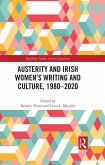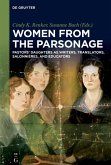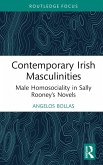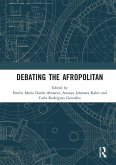This study supplies the first contextually precise account of the male gender anxieties and ambivalences haunting the culture of Irish nationalism in the era preceding the Irish Free State. To this end, Joseph Valente focuses upon the Victorian ethos of manliness, the specific moral and political logic of which proved crucial to both the translation of British rule into British hegemony and the expression of Irish rebellion as Irish psychomachia. The influential operation of this ideological construct is traced through a wide variety of contexts, including the career of Ireland's dominant Parliamentary leader, Charles Stewart Parnell; the institutions of Irish Revivalism; the writings of both canonical authors (Yeats, Synge, Gregory, and Joyce) and subcanonical authors (James Stephens, Patrick Pearse, Lennox Robinson); and the major political movements of the time._x000B__x000B_The construct of manliness remains very much alive today, underpinning the neo-imperialist marriage of ruthless aggression to the sanctities of duty, honor, and sacrifice. Mapping its earlier colonial and postcolonial formations clarifies its continuing danger and appeal.
Dieser Download kann aus rechtlichen Gründen nur mit Rechnungsadresse in A, D ausgeliefert werden.









